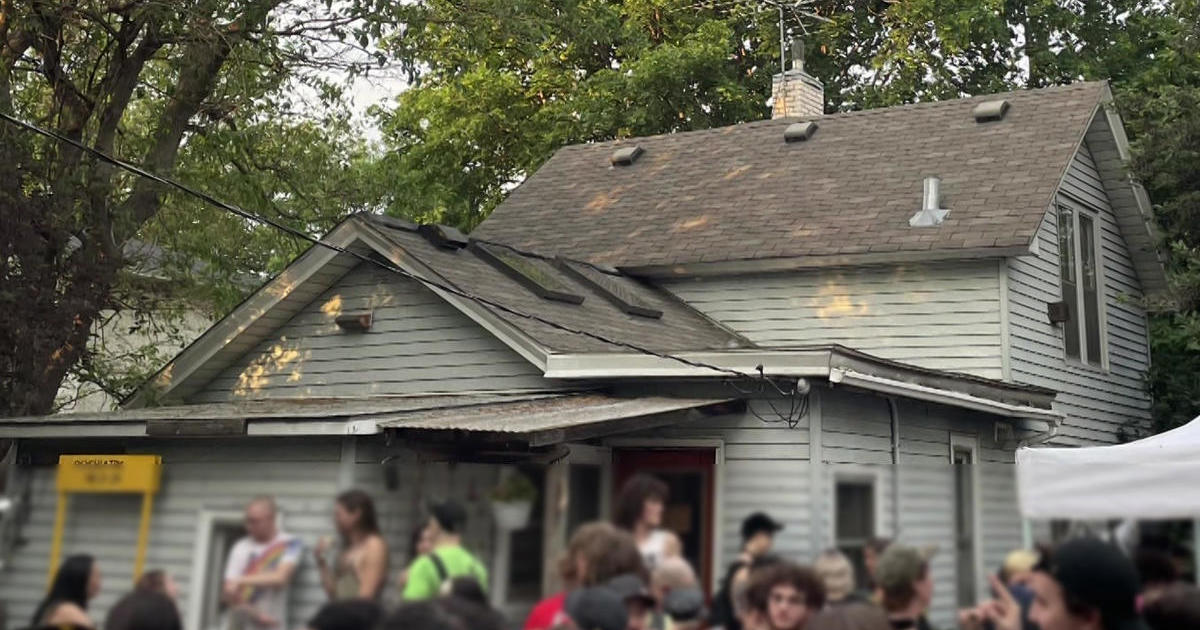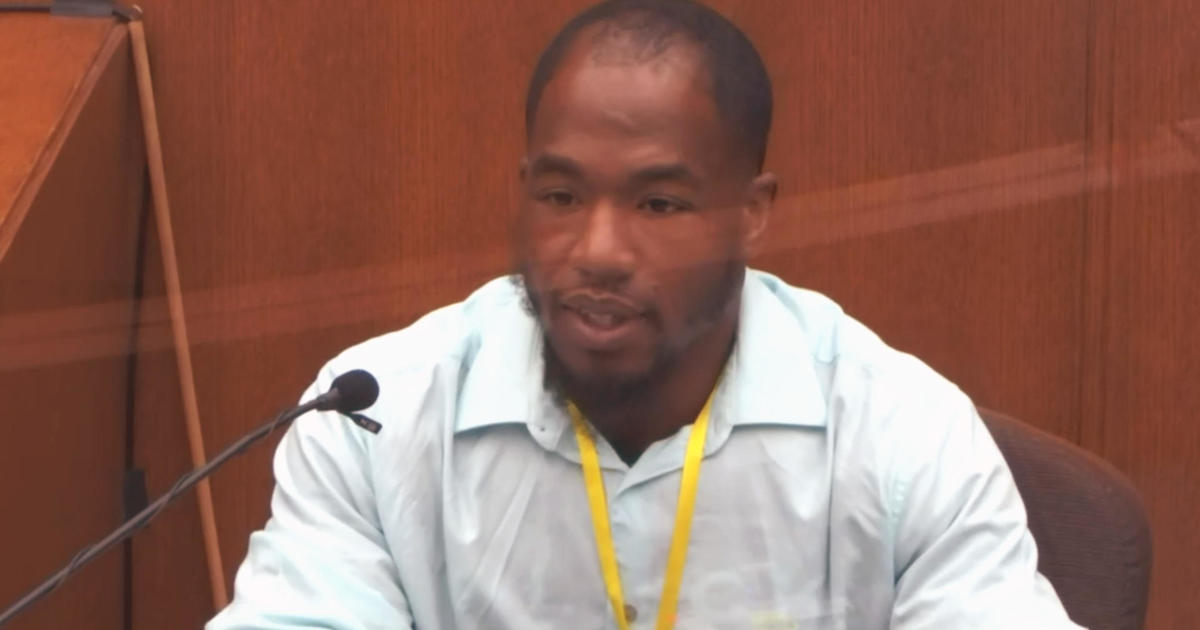Sources: No Murder Charge Likely In Prince's Death
MINNEAPOLIS (WCCO) -- WCCO has learned of a significant development in the investigation into the death of Prince.
Sources tell WCCO-TV that 21 months after the Minnesota music superstar's death from a fentanyl overdose, it is unlikely anyone will be charged with murder for providing him the drug that killed him.
Sources tell WCCO that investigators have not been able to determine how Prince got the fentanyl, which they believe came from China.
While criminal charges are possible in the case, they will likely be relatively minor unless new witnesses come forward.
Prince's childhood friend, cousin and former bandmate, Chazz Smith, is now going public with his own effort to find new information via social media in a campaign he calls #Justice4Cuz.
While the official autopsy says Prince's overdose was accidental, Smith has questions.
"My goal is exactly to find out who provided the fentanyl," Smith said. "There was negligence involved completely, without saying anyone really purposely did anything."
Smith, who knew Prince since he was a child, created #Justice4Cuz sites on both Twitter and Facebook.
"I started getting information from former band members who started reaching out to me because they were afraid," Smith said.
For the past year, Smith has been forwarding tips he has received to law enforcement.
Smith says he is grateful to investigators, especially those from Carver County.
However, his frustration is directed at those who were with Prince in the final week of his life.
"You weren't taking care of business, you weren't watching out for him," Smith said.
Search warrants released last year focus on the role of Kirk Johnson, Prince's head of security.
Johnson was among those who discovered Prince dead in a Paisley Park elevator.
A search warrant for Johnson's cell phone details that six days before Prince's death, Johnson was with Prince on a plane coming back from an Atlanta concert when the plane was diverted to Moline, Illinois, after the singer suffered an opioid overdose.
Prince was treated at a Moline Hospital and flew back to the Twin Cities.
After the singer's death, investigators found opioids throughout Paisley Park, but none in Prince's own name.
Two of the bottles with opioids had Johnson's name on them.
In a March 2017 interview with CBS This Morning, Johnson would not answer CBS correspondent Jamie Yuccas' questions.
"Is there anything you wished you had done personally to stop his drug use?" Yuccas asked.
Johnson's response: "Oh my goodness, next."
"You don't feel like people enabled him?" Yuccas fired back.
"Next," Johnson said again.
While the two bottles found at Paisley Park bearing Johnson's name did contain opioids, neither contained Fentanyl.
This past week, Johnson's attorney told WCCO that his client had "nothing to do with the fentanyl having to do with Prince's death."
Another search warrant in the case quotes Chaska physician Dr. Michael Schulenberg as saying he had prescribed an opioid for Prince but put it in "Kirk Johnson's name for Prince's privacy."
An attorney for Schulenberg, who continues to practice medicine in the Twin Cities, says that's not true, that Schulenberg never prescribed medications intended for Prince in anyone else's name.
One of the search warrants says it was reasonable for law enforcement to believe that Kirk Johnson "would have had knowledge of Prince's abuse of prescription/narcotic medication."
Smith has a message for anyone who knows someone who is struggling.
"If you know someone who is in that situation, I don't care if they are famous or not, say something," he said.
In addition to Johnson and Schulenberg, court documents released last year say investigators are also looking into the role of celebrity addiction physician Dr. Howard Kornfeld and his son, Andrew, who is not a physician but had prescription overdose medication with him when Prince was found dead.
An attorney for Andrew Kornfeld said in 2016 that his client was protected by Minnesota's shield law, which protects those who call 911 when someone has overdosed.
Criminal Defense Attorney Joe Tamburino is not connected with the case, but he reviewed the court documents at WCCO's request.
He says all of those who were the focus of those original search warrants could face possible but relatively minor charges.
"Low level, low level, because Prince did not die from those drugs," he said.
The Carver County Sheriff's Office and the U.S. Attorney's Office declined to comment, saying the investigation into Prince's death remains on-going.
The Carver County Sheriff's Office is asking anyone with any information about Prince's death to call 952-361-1224.



